Saudi crown prince used Israeli spyware Pegasus to spy on Lebanese, Hezbollah officials: Report
An Israeli software company is revealed to have helped Saudi Crown Prince Mohammed bin Salman (MBS) take over the smart phones of high-ranking Lebanese authorities, senior figures of Hezbollah resistance movement as well as journalists, and spy on their communications.
According to the report published by the French daily newspaper Le Monde, Saudi Arabia’s de facto ruler used the NSO Group’s cell phone-hacking software, Pegasus, to conduct cyber-espionage on Lebanon’s President Michel Aoun, former prime minister Saad Hariri, former foreign minister and leader of the Free Patriotic Movement Gebran Bassil, and Chief of the Directorate of General Security Major General Abbas Ibrahim.
The report added the Israeli spyware was abused on behalf of Saudi Arabia and the United Arab Emirates between 2018 and 2019 to spy on some Lebanese political officials and journalists.
Le Monde said the Saudi crown prince also called for espionage on Lebanese lawmakers Hassan Fadlallah and Ali Fayyad, who are part of Hezbollah March 8 alliance, former governor of Lebanon’s central bank Riad Salameh and former finance minister Ali Hassan Khalil.
The report added that the Riyadh and Abu Dhabi regimes had demanded that two renowned Lebanese journalists, named Ghassan bin Jiddo, who is the director of Beirut-based al-Mayadeen television news network, and Ibrahim al-Amin, a correspondent and political analyst for al-Akhbar Arabic language newspaper, be kept under close watch.
Ansarullah leaders, former Yemeni officials targeted by Israeli spyware
Meanwhile, the United Arab Emirates has apparently deployed digital spyware enabling surveillance of top leaders of Yemen’s popular Houthi Ansarullah resistance movement and officials from the administration of former Yemeni president Abd Rabbuh Mansur Hadi.
The Arabic-language al-Khabar al-Yemeni news website reported that Ansarullah’s leader Abdul-Malik al-Houthi and Chairman of the Yemeni Supreme Revolutionary Committee Mohammed Ali al-Houthi were among senior Yemeni officials targeted by the UAE.
According to the report, Hadi was also on the list of targets.
One of the most prominent targets was Ahmed Obeid bin Daghr, the former Yemeni prime minister in Hadi’s government. He was under surveillance since April 2016 until the end of 2018.
Being a highly invasive tool, Pegasus is said to be able to turn on the victim’s cell phone camera and microphone and access data on it, meaning that it can effectively turn the phone into a pocket spy.
The Israeli firm NSO has been in the headlines since 2016 when experts said it was helping spy on an activist in the UAE.
The University of Toronto’s Citizen Lab, through a study, has found a link between the NSO technology and political surveillance in Mexico, the UAE and Saudi Arabia.
Victims of the hacking spree included diplomats, political dissidents, journalists and top government officials.
The Israeli firm rejects the allegations.
Pezeshkian to US, Europeans: You are killing women, children
VIDEO | COP29: another climate failure?
ICC issues arrest warrants for Netanyahu, Gallant for war crimes
Israeli strikes kill 88 Palestinians in northern Gaza
American voters plainly rejected complicity in Gaza genocide: Iran FM spox
ICC should issue more arrest warrants for Israeli authorities over Gaza genocide: UN expert
Israel using AI weapons co-produced by India in Gaza genocide: Report
Israel issues new evacuation orders, shortly launches strikes on southern Lebanon














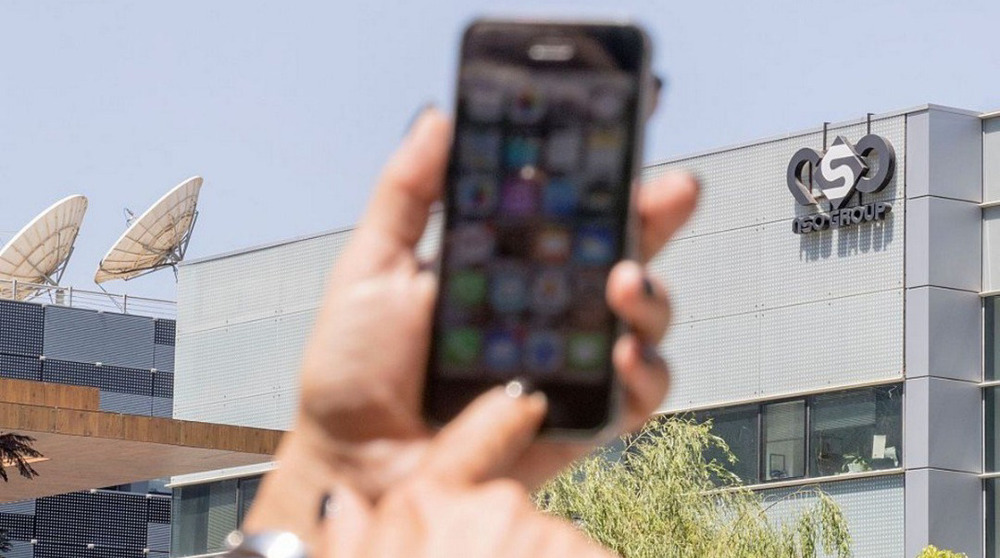
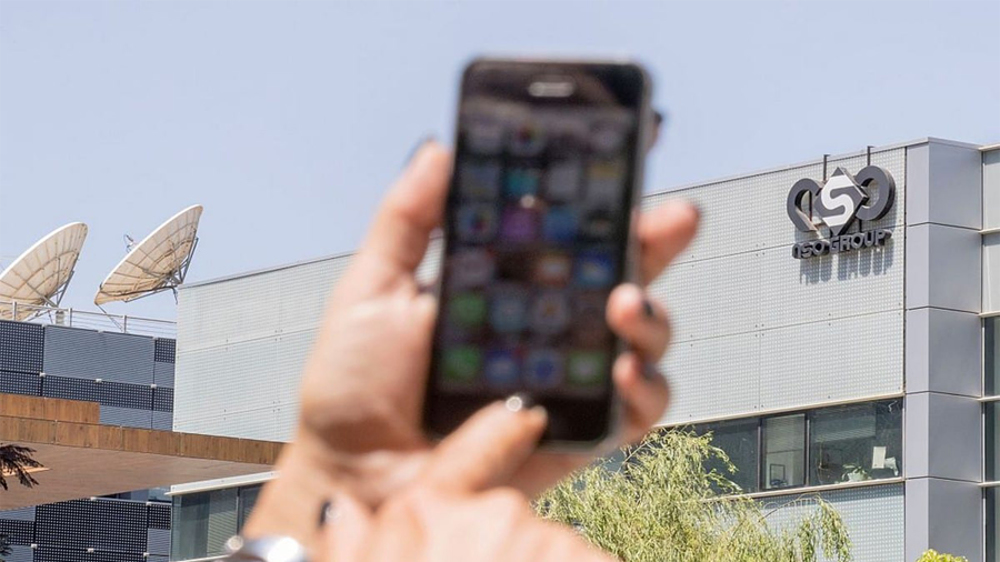
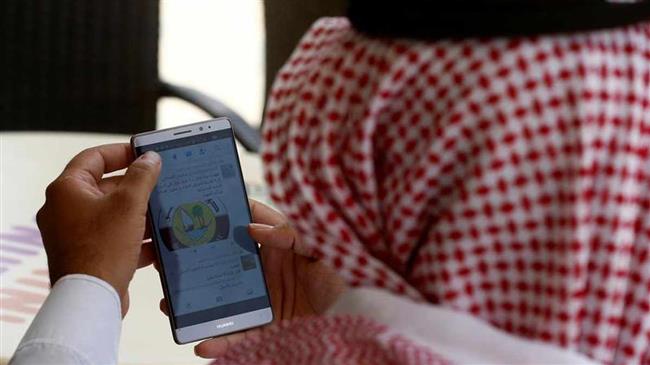
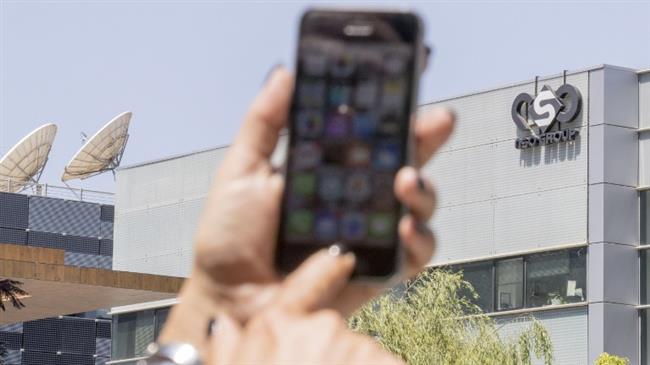
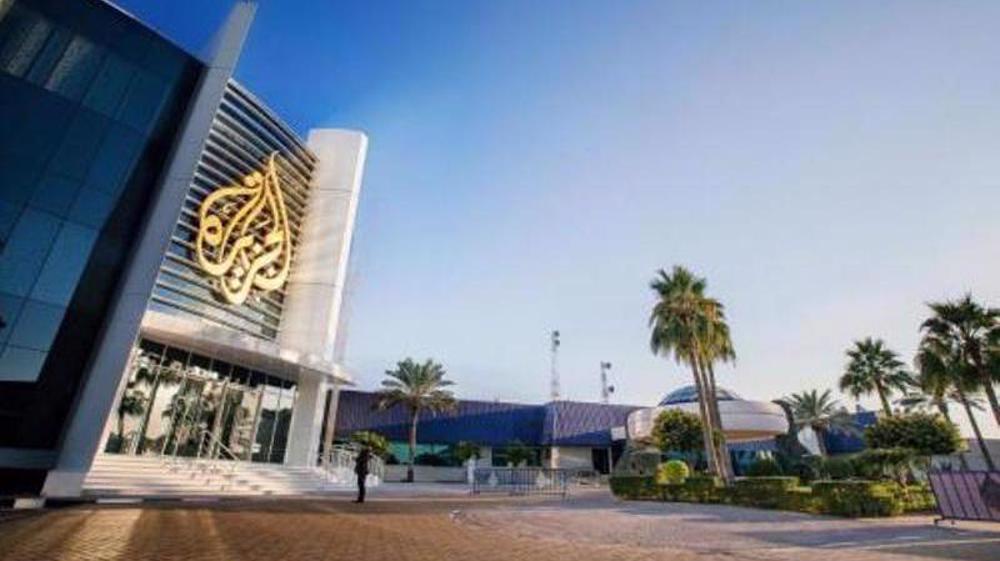
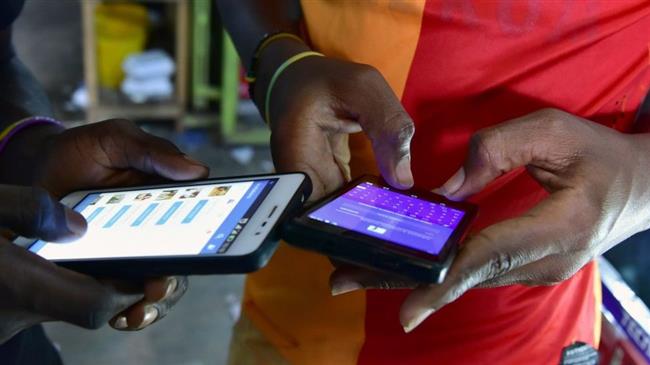
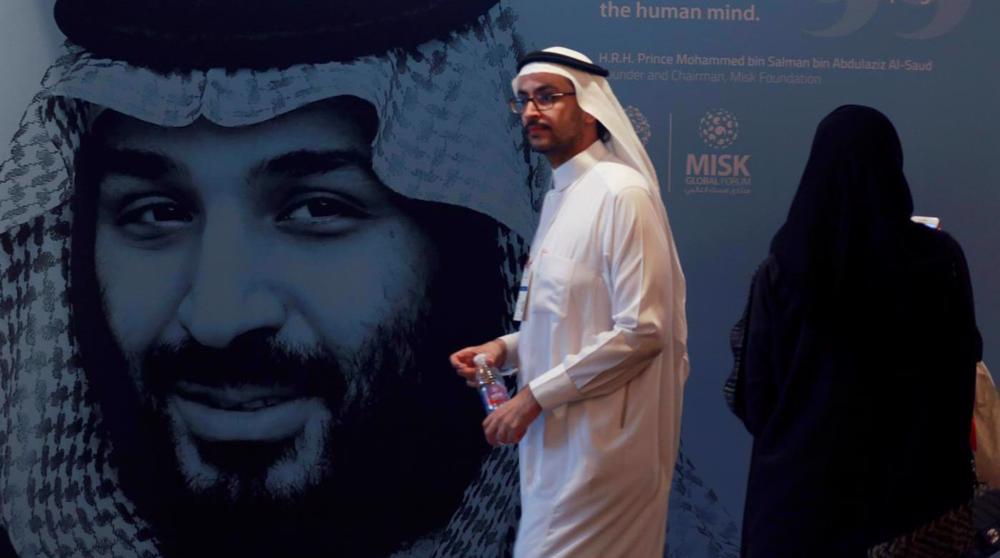

 This makes it easy to access the Press TV website
This makes it easy to access the Press TV website